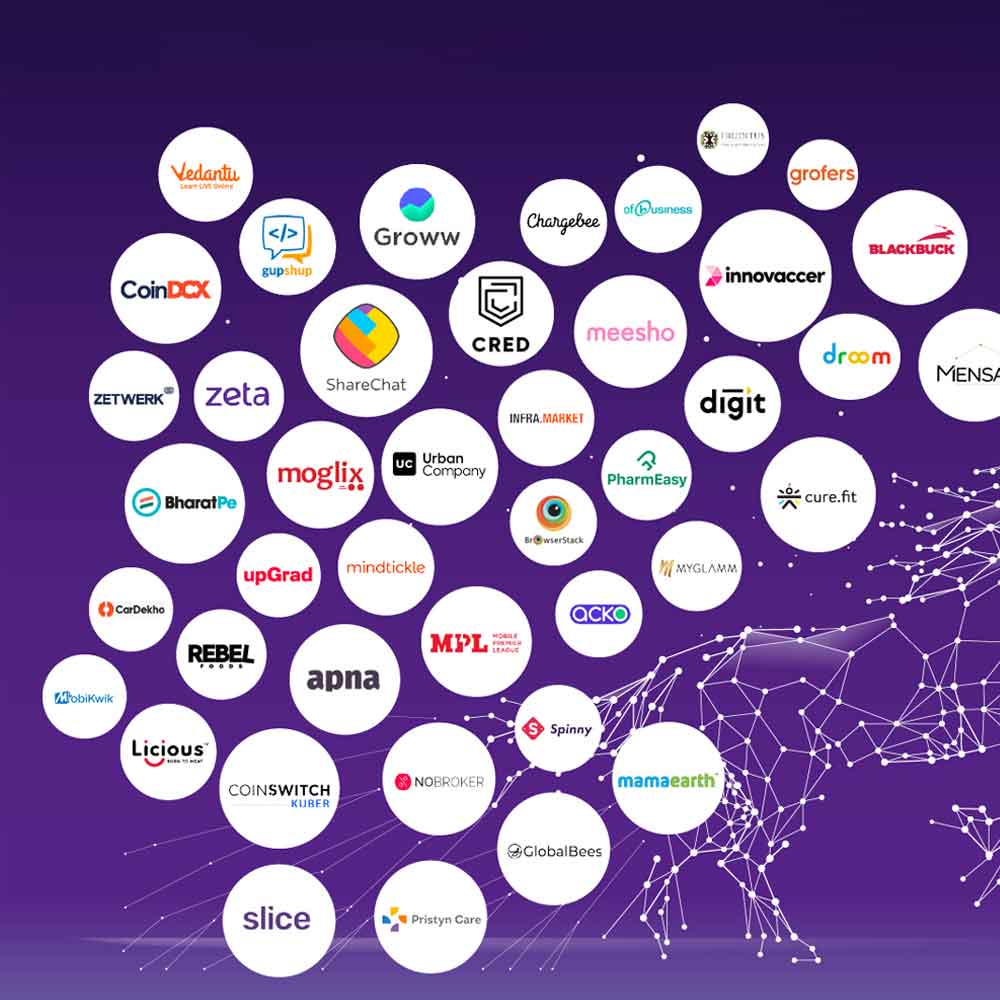
A Thriving Ecosystem
As of 2025, India is home to over 7,000 active women-led startups, representing around 7.5% of all startups in the country. While this percentage may appear modest, the funding figures tell a more encouraging story. The year 2021 proved to be a landmark year for women-led startups in India, with funding peaking at $6.3 billion.
Bengaluru Leads the Charge
Among Indian cities, Bengaluru stands out as the clear leader—not only in terms of the number of women-led startups but also the total funding raised. Mumbai and Delhi NCR follow closely, reflecting the emergence of robust startup ecosystems in these metro areas.
Unicorn Highs and Lows

IPOs and Acquisitions
Five women-led startups successfully went public in 2024—MobiKwik, Usha Financial, Tunwal, Interiors & More, and LawSikho. However, acquisitions have seen a noticeable decline. From 45 in 2021, the number dropped to 16 in 2024, suggesting a need for more robust exit opportunities and industry confidence.
India on the Global Stage

Sectors Powering the Growth
Retail leads the pack as the most funded sector for women entrepreneurs, with $7.8 billion raised. Edtech follows at $5.4 billion, and enterprise technology at $5 billion. B2C e-commerce, internet-first brands, and fashion tech are also gaining momentum, signalling a healthy diversification across industries.
Women at the Helm of Change
Prominent women-led startups like Zomato ($1.7 billion in funding), Pine Labs, and Lenskart ($1 billion each) have proven that women-led companies can scale significantly and go public. Others like OfBusiness, Cult.fit, and ACKO are making waves in sectors such as B2B commerce, health tech, and insurtech.
Ventures like LivSpace, Amagi, Table Space, and The Good Glamm Group are pushing the envelope in proptech, SaaS, and digital-first consumer brands—sectors that are shaping the future of business and lifestyle in India.
The Road Ahead
While women-led startups have made remarkable progress, the road ahead calls for greater ecosystem support. Addressing funding disparities, creating more inclusive mentorship channels, and celebrating success stories can inspire the next generation of women entrepreneurs.